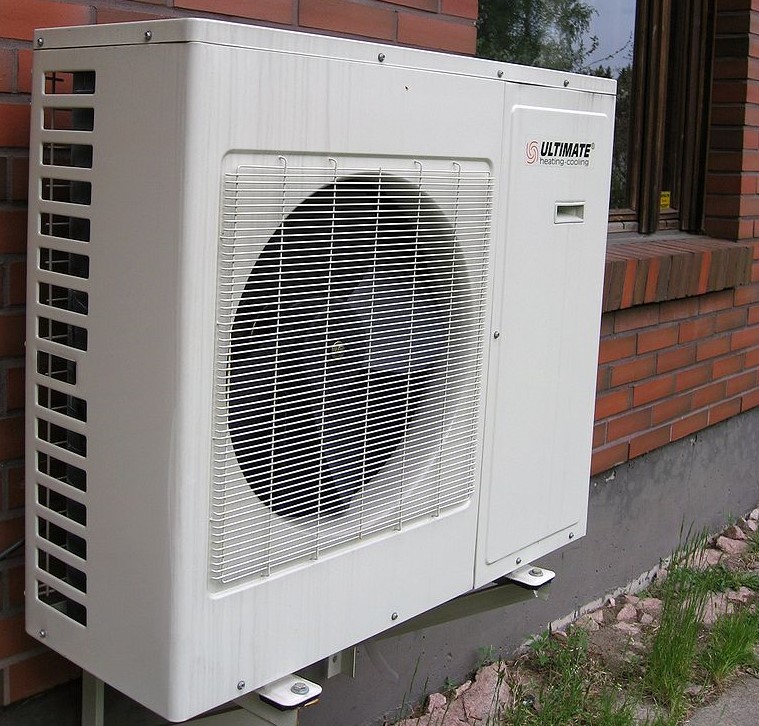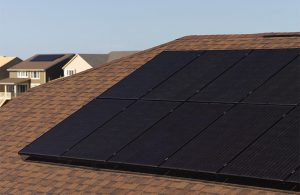Performance parameters for residential heat pumps linked to PV, storage – pv magazine International

Image: Ppntori, Wikimedia Commons
Researchers led by the Fraunhofer Institute for Solar Energy Systems (Fraunhofer ISE) in Germany have studied a residential heat pump (HP) installation coupled with PV, battery storage, and a smart grid-ready system.
“In-depth research is missing in terms of the impact of smart control on the dynamic performance efficiency of the heat pump,” the researchers said. “Extensive work needs to be done to analyze the effect of PV and battery units on the energy consumed by the heat pump by redefining the system boundaries of the PV-HP systems.”
Their analysis is based on a year of data from a single-family home in Freiburg, Germany. It uses a ground-source heat pump with a nominal capacity of 13.9 kW. The PV unit has a module area of 60 square meters and a nominal power rating of 12.3 kW. The battery has a capacity of 11.7 kWh. The system had to account for heating a living space of 256 square meters, as well as a domestic hot water (DHW) tank.
The heat pump of the setup has an SG-Ready label, which means it can communicate with the grid and adjust its own operations. In the context of this research, however, it was used to maximize the PV self-consumption by adjusting the heat pump operation based on available PV electricity.
“In the analyzed system, the SG-Ready is configured to trigger the heat pump in boosted operation, whereby the space heating and DHW supply temperatures are increased,” the group explained. “The SG-Ready mode is activated when the battery is fully charged or is charging at its maximum power, and there is still a PV surplus available.”
They presented their findings in “Analysis of the Performance and Operation of a Photovoltaic-Battery Heat Pump System Based on Field Measurement Data,” which was recently published in Solar Energy Advances. The team included scientists from the Offenburg University of Applied Sciences.
This content is protected by copyright and may not be reused. If you want to cooperate with us and would like to reuse some of our content, please contact: editors@pv-magazine.com.





